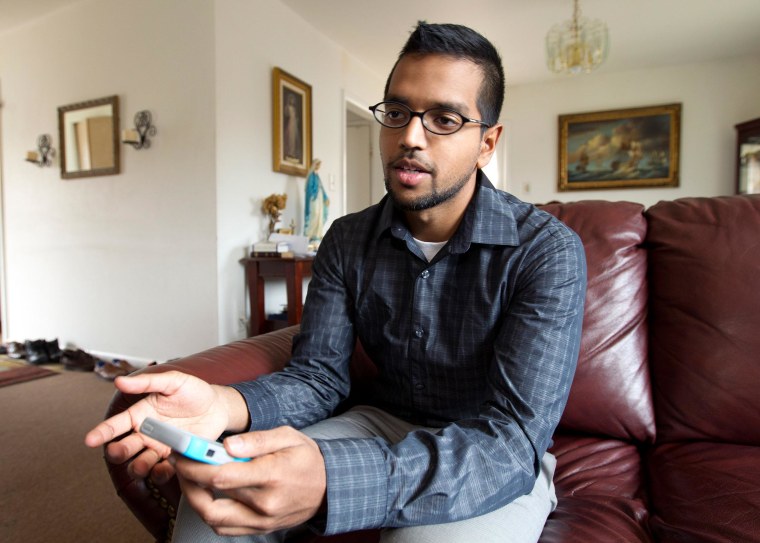New Jersey and three other states passed statutes last year allowing "Dreamers" - undocumented immigrants who were brought to the U.S. as children - to pay in-state tuition.
Fifteen states now have such a statute. In addition, university boards in Hawaii, Michigan and Rhode Island have granted these students in-state tuition. To qualify, high school graduates must meet certain requirements.
Florida, Indiana, Massachusetts, Missouri, Mississippi, New Hampshire and Virginia have bills under consideration that would extend the in-state benefit, said Tanya Broder, a senior attorney with the National Immigration Law Center.
Supporters plan to step up lobbying on a related issue: making these students eligible for state financial aid. Already, California, New Mexico and Texas have laws spelling out this right, and it is under consideration in states such as Washington.
Sen. Patty Murray, D-Wash., and Rep. Jared Polis, D-Colo., filed a bill in Congress to provide money to states that offer in-state tuition or financial aid to these students.
"It's an economic issue, and it's an issue of fairness," Murray said.
In this time of financial austerity, the bill faces a difficult road.
About 65,000 students Dreamers graduate annually from high school and about 5 to 10 percent of them go to college, according to the American Association of State Colleges and Universities.
Daniel Hurley, an official with the association, said even when these students are able to get a college degree, their future work prospects are limited.
"They are caught in the limbo," Hurley said. "It's certainly frustrating to see."
--Reporting by the Associated Press
